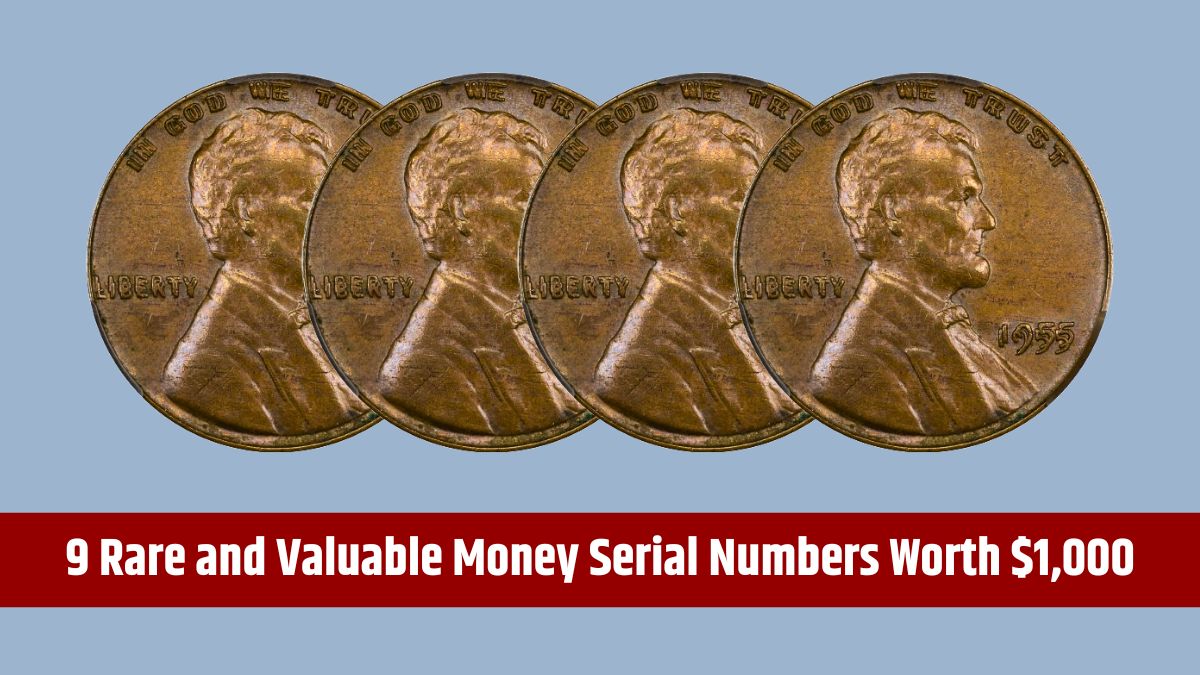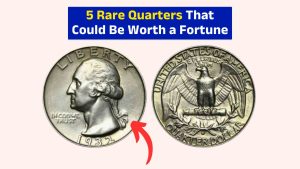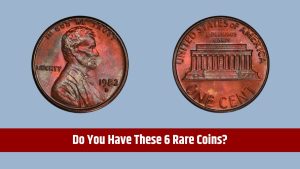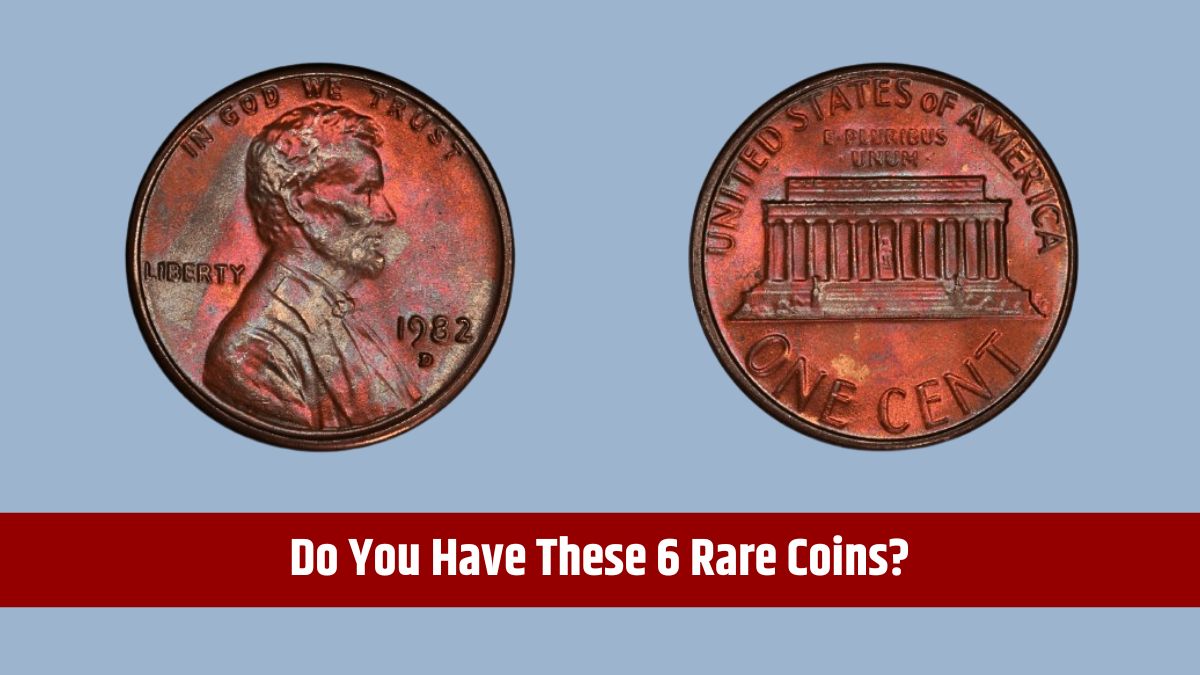If you’ve ever found an old coin in your pocket change and wondered if it’s worth something, you’re not alone. Rare coins can be hidden treasures, often worth thousands—or even hundreds of thousands—of dollars. One famous example? The 1976 Bicentennial Quarter that sold for over $200,000. In this article, we’ll break down the most valuable coins, what makes them special, and how to recognize if you have one sitting in your coin jar.
Value
So, why are some coins worth a small fortune? It all comes down to rarity, demand, and condition. Coins that were minted in small numbers, have historical relevance, or contain minting errors tend to skyrocket in value. These aren’t your typical everyday coins—they’re collector gold.
Take the 1943 Copper Penny, for example. The U.S. was supposed to mint pennies in steel that year due to a copper shortage during WWII. But a few copper pennies slipped through the cracks. That “mistake” now makes them worth over $100,000. That’s one expensive penny.
Errors
One of the easiest ways to identify a valuable coin is to look for minting errors. These are slip-ups at the mint that make your coin one of a kind.
Here are a few key error types to keep an eye out for:
| Error Type | Description | Example Coin |
|---|---|---|
| Doubled Die | Design appears twice slightly offset | 1955 Doubled Die Penny |
| Off-Center Strike | Design is printed off-center | Multiple coins across decades |
| Missing Mint Mark | No mint location indicated on the coin | 1922 No D Lincoln Penny |
These kinds of errors make coins stand out and are often highly valued by collectors.
Dates
The year a coin was minted and the mint mark (like “D” for Denver or “S” for San Francisco) matter more than you’d think. Some years saw limited runs, or specific locations had unique errors, which can push a coin’s value way up.
Here are a few hot years to watch for:
- 1943 Copper Penny – Worth $100,000+
- 1969-S Doubled Die Penny – Around $35,000
- 1970-S Proof Quarter – Up to $30,000
- 1976 Bicentennial Quarter (rare error versions) – Over $200,000
These dates could easily pop up in your change jar without you even realizing it.
Condition
Let’s talk about condition. Just like with vintage cars or comic books, condition is everything in coin collecting. Coins are graded from 1 to 70, with anything 65 and above considered Mint State (MS). The higher the grade, the higher the price.
Look for these traits in high-condition coins:
- Sharp, clear details
- Minimal wear and tear
- Original luster or shine
- No signs of cleaning or polishing
Even a rare coin can lose a lot of value if it’s scratched up or heavily worn.
Tools
You don’t need a degree in numismatics to start coin collecting. Just a few basic tools can help you identify valuable coins:
| Tool | Purpose |
|---|---|
| Magnifying Glass | Spot tiny errors or details |
| Coin Guidebook | Learn about values and historical info |
| Online Resources | Get free valuations and connect with collectors |
| Coin ID Apps | Use your phone camera to scan and analyze |
These tools will give you a serious edge when it comes to identifying potential treasures.
Storage
Found a coin that might be worth something? Great! Now, don’t just toss it back in a drawer. Storing your coins properly is crucial to preserving their value.
Tips to keep your collection in top shape:
- Store coins in acid-free holders or coin flips
- Keep them in a cool, dry, and stable environment
- Avoid touching the surface—use gloves if possible
- Never clean your coins unless advised by a professional
A properly stored coin can keep its value for decades or even increase over time.
So whether you’re a newbie or already neck-deep in collecting, spotting a rare coin is equal parts luck and knowledge. The right coin in your pocket could pay for a vacation—or even a car. Take a second look at that loose change. You might just be sitting on a small fortune.
FAQs
What makes a coin valuable?
Rarity, condition, and collector demand boost value.
What is a minting error?
It’s a mistake during coin production that adds uniqueness.
Can coins in circulation be valuable?
Yes! Rare errors or years can be in everyday change.
Should I clean rare coins?
No, cleaning can lower a coin’s value significantly.
Where can I check a coin’s value?
Use coin guidebooks, apps, or professional appraisal sites.









